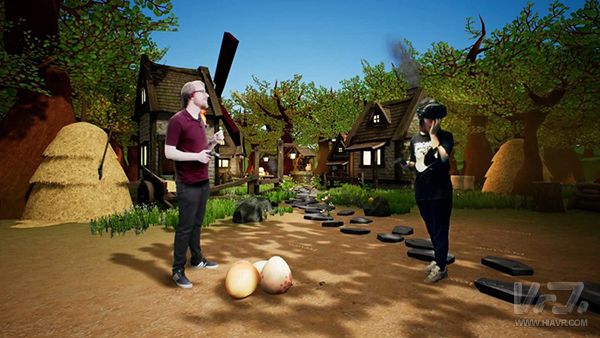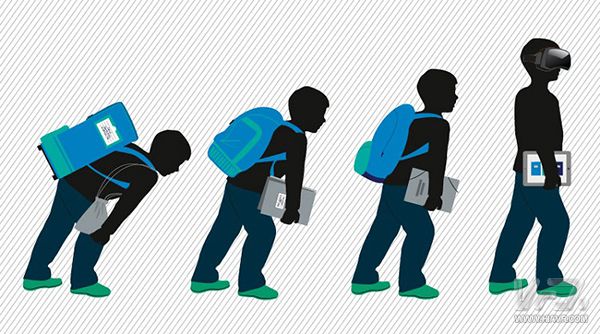MRC, a Canadian-based education service company based in Ottawa, has recently partnered with River Valley Technology, a Beijing-based firm, to integrate its services into a new innovative learning platform. This initiative aims to revolutionize the way English is taught and used by breaking down the limitations of traditional distance learning. Through this program, Chinese students will be able to engage in real-time, face-to-face conversations with native English-speaking tutors, all within an immersive cultural and linguistic environment. This groundbreaking program leverages mixed reality (MR) and IP video technologies to create a global learning ecosystem. It redistributes educational resources across the world, making it possible for local institutions to offer internationalized education. For example, a student in a remote area can have a live, interactive conversation with a tutor from Canada, all within a 360° virtual environment that simulates real-world settings. Students can even choose to practice their English in iconic locations like the Eiffel Tower, the Colosseum, or the Egyptian pyramids. This level of immersion makes learning more engaging and relevant, allowing learners of all ages to participate in dynamic, scenario-based conversations. The flexibility of these environments encourages creativity and deeper engagement with the language. While traditional classrooms still have their advantages, the MR curriculum offers a unique opportunity to apply knowledge in real-life situations through sustainable teaching methods. For instance, one-on-one sessions allow tutors to guide students through virtual interactions, providing them with a variety of topics to discuss. This approach not only enhances language skills but also develops body language and emotional expression—key elements in natural communication. Mixed Reality technology removes geographical barriers, enabling meaningful exchanges between students and mentors regardless of where they are located. This fosters a more efficient and personalized learning experience, as both parties can collaborate in real time, sharing ideas, emotions, and insights. This innovative shared teaching model has the potential to significantly strengthen educational cooperation between China and Canada, contributing to broader socio-economic development. With the growing middle class in China and increasing demand for high-quality education, this new learning method is well-positioned to meet future needs. At the recent 19th National Congress of the Communist Party of China, experts forecast that by 2035, China will have achieved modernization, and by the next decade, it will become a global leader. As the middle-class population surpasses 350 million, consumer demand will drive further innovation in education, especially in digital and immersive learning solutions. During Prime Minister Justin Trudeau’s visit to China, leaders from both countries emphasized the importance of strengthening bilateral ties. They expressed a commitment to advancing cooperation in various sectors, including education, to foster mutual growth and development. This partnership sets the stage for future collaborations in technology, culture, and economic initiatives. With such promising developments, we anticipate that more advanced technologies, including VR and AR, will play a key role in shaping the future of cross-border education and innovation between China and Canada. This article was originally published on VR Net. Please credit VR Net and provide a backlink if you share this content. Flower Shape Mobile Phone Holder Flower Shape Mobile Phone Holder,Flower Shape Phone Socket Holder,Universal Phone Stand,Universal Phone Sockets Shenzhen Ruidian Technology CO., Ltd , https://www.wisonen.com
